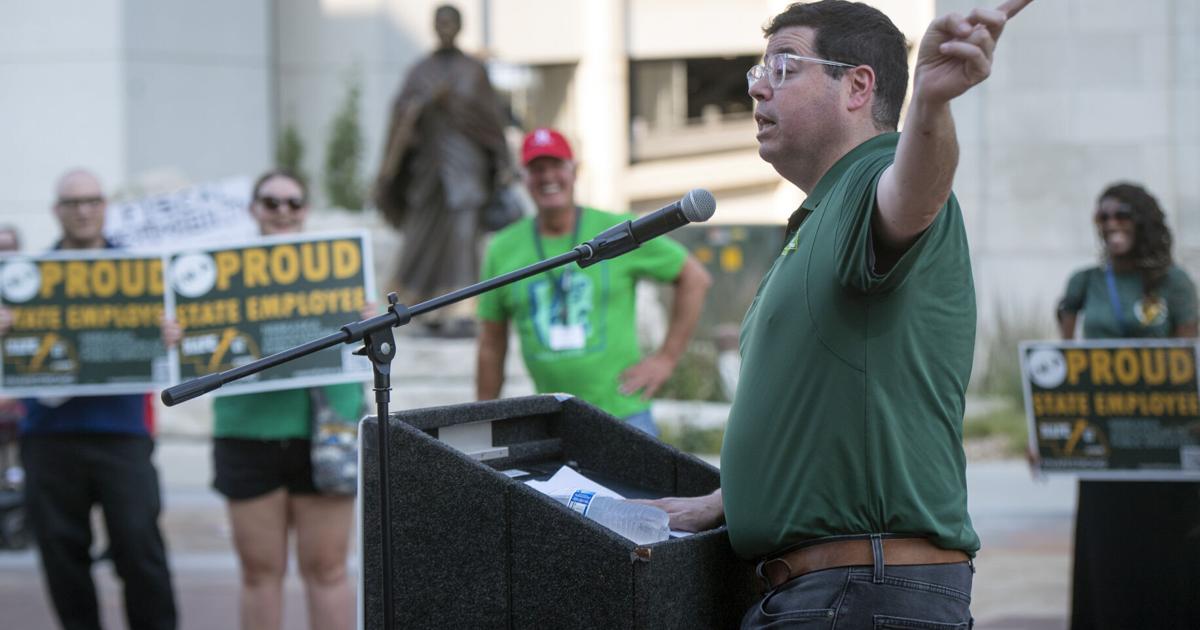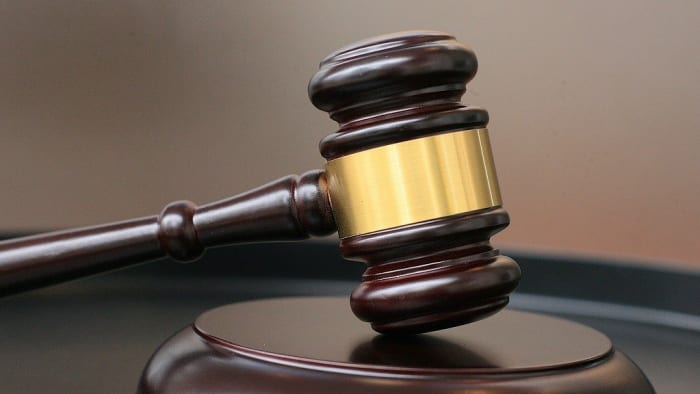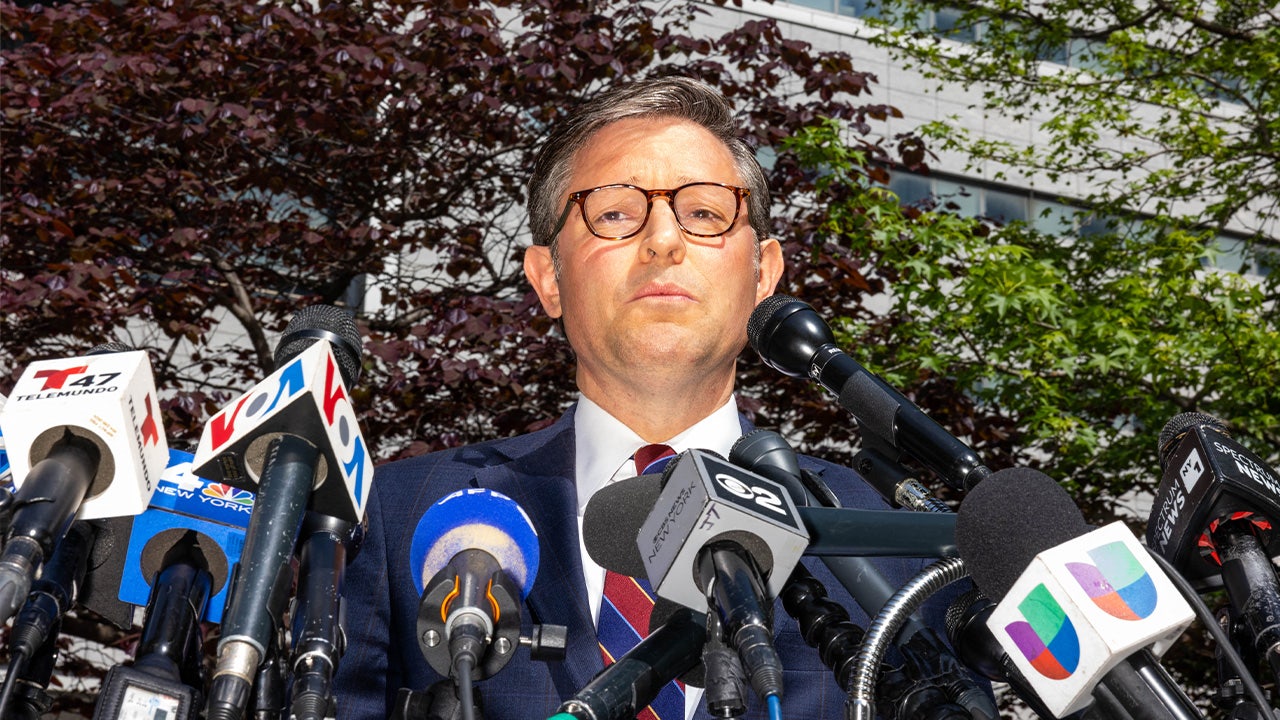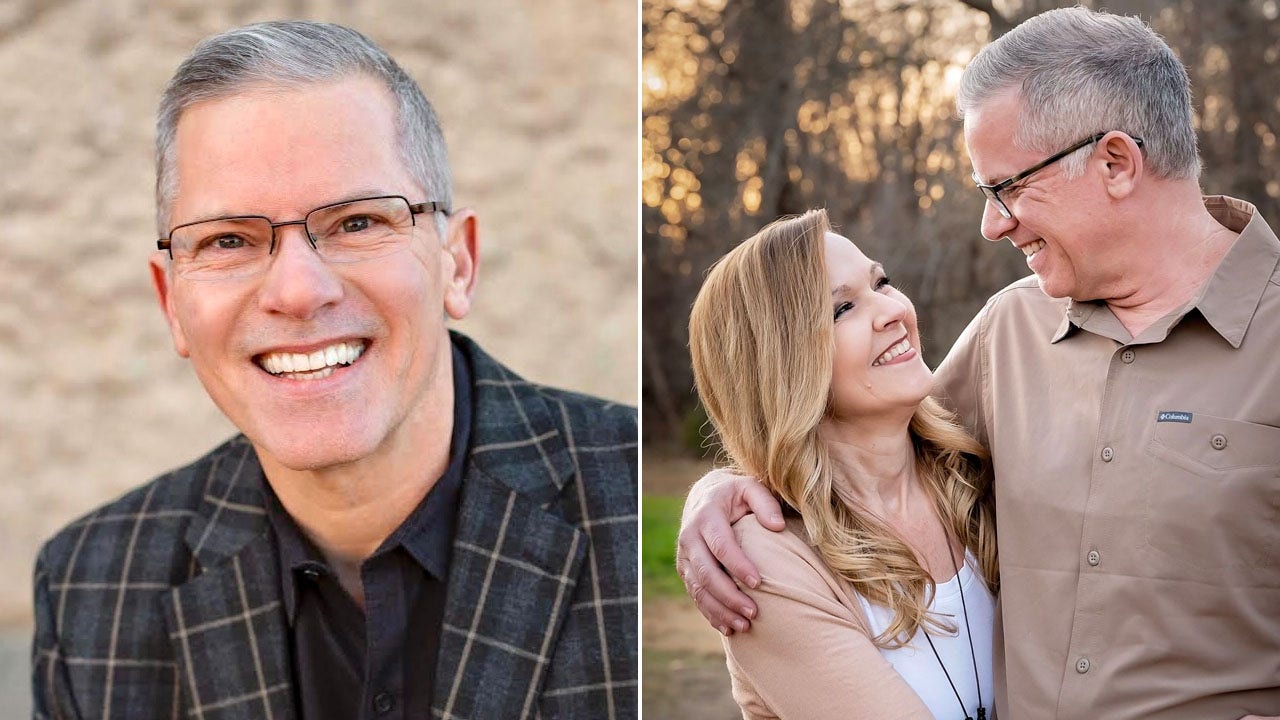Download the new Journal Star News Mobile App
An attorney representing Nebraska’s executive branch in its ongoing labor dispute with the state’s largest public employees union argued Friday that there is “no evidence” the state intentionally violated a prior court order to pause return-to-office directives for the branch’s remote workers.
Meanwhile, the attorney representing the Nebraska Association of Public Employees argued that some state agencies are still actively violating the Commission of Industrial Relations’ order granting union members temporarily relief from Gov. Jim Pillen’s return-to-office mandate.
Their Friday morning arguments came amid the latest court hearing in the labor dispute that has for months pitted Pillen against a faction of his employees after the governor in November broadly ended remote work allowances for state workers with few exceptions.
People are also reading…
Pillen’s executive order prompted NAPE officials to file a petition in December with the CIR — the state tribunal responsible for settling public labor disputes — seeking to force the executive branch to bargain over the issue.
As the CIR mulls that petition, the commission in December granted temporary relief to NAPE members, allowing them to continue working from home while the litigation remained unsettled.
But soon after the CIR issued that order, NAPE alleged that some state departments had ignored the commission’s ruling, instead informing individual remote employees that their previously agreed-upon hybrid or work remote arrangements had been terminated.
NAPE then filed a petition in Lancaster County’s District Court asking a judge to enforce the CIR’s order and to hold the state in contempt for violating the commission’s order to pause return-to-office directives.
Days later — before a District Court judge could take up the union’s petition — the CIR issued a follow-up order making clear that the state’s termination of individual work-from-home agreements amounted to a violation of the commission’s initial order.
But at Friday’s hearing, where District Court Judge Andrew Jacobsen did take up the union’s bid to hold the state in contempt over that violation, the state’s attorney and an executive branch official who testified insisted that any such violation was unintentional.
“We had divergent opinions as to what the order said,” said Mark Fahleson, who the state retained to represent the government in the labor dispute and who suggested Friday the CIR’s initial order was “ambiguous.”
Fahleson
Both Fahleson and Jason Jackson, the state’s chief human resources officer who testified at Friday’s hearing, seemed to take issue with the CIR’s inexact language of the commission’s December order that called for the state to leave the “status quo” in place.
The commission’s Dec. 29 order defined the status quo as “the agency policies relating to remote work assignments, and the application of those policies, which were in place just prior to the issuance of the executive order.”
In his testimony, Jackson noted that the agency’s policies prior to Pillen’s executive order put the discretion of remote work agreements in the hands of management, arguing that the December order did not inherently undermine the state’s ability to end remote work agreements with individual employees, since state departments could have done so prior to the executive order.

Jason Jackson
“The CIR’s ruling caused a great deal of confusion among our workforce,” Jackson said, later adding:
“It was always our intent to comply. That’s why we sought clarification. It wouldn’t have been necessary to seek clarification if we had just intended to bullnose, go forward at odds with the CIR’s judgement.”
Fahleson said that since the CIR issued its follow-up order earlier this month clarifying its initial order, the state “has done exactly as the CIR has ordered.”
“They have not directed any employees in the bargaining unit who were working remotely to return to work,” he said.
But in comments to reporters after the hearing, Justin Hubly, NAPE’s executive director, said dozens of NAPE members who work for the Department of Health and Human Services and the State Patrol “have been recalled, are recalled and have not been allowed to go back” to remote work.

Hubly
Hubly called Friday’s hearing “uncharted territory” for both the union and the state since, he said, no one has tried to circumvent a CIR order in the years since the State Employees Collective Bargaining Act was passed.
Jacobsen, the judge, seemed to grapple with that unfamiliarity, too, at Friday’s hearing, where he asked NAPE’s attorney who the court might hold in contempt if he does agree with the union’s argument.
“I think I have no choice but to say that would simply be the party (to the case), the state of Nebraska, that is not abiding by the order of the CIR,” said Joy Shiffermiller, who represents the union.
“What if they don’t comply with my order? Who are we gonna bring in? The state of Nebraska?” Jacobsen asked, before wondering aloud if he had the authority to levy a fine against the state, suggesting there might be sovereign immunity protections at play.
“And who am I gonna fine?” he asked, adding: “And under what authority do I have to order the state of Nebraska to pay attorneys fees?”
In the aftermath of the hearing, Hubly acknowledged that the union is “a little confused, too,” but said NAPE ultimately doesn’t want to see the state fined or a state official handcuffed.
“We don’t care about that,” he said. “We want a clear order that they are in contempt — that they are still violating this order.”
Jacobsen took the matter under advisement and could issue a ruling on the union’s contempt motion yet this month.
Photos: Nebraska Legislature gavels in for first day of 2024 session

Sen. Loren Lippincott of Central City (right) speaks to Sen. Rick Holdcroft of Bellevue during the first day of the Nebraska Legislature on Wednesday.

Sen. Tom Brandt (left) of Plymouth speaks to Sen. John Cavanaugh of Omaha during the first day of the Nebraska Legislature on Wednesday.

Sens. Anna Wishart of Lincoln (from left), Megan Hunt of Omaha and Danielle Conrad of Lincoln stand together during the first day of the Nebraska Legislature on Wednesday at the Capitol.

Clerk of the Legislature Brandon Metzler (right) collects a ballot for the chairperson of the Executive Board from Sen. Eliot Bostar of Lincoln during the first day of the Legislature on Jan. 3.

Sen. John Fredrickson of Omaha (left) embraces Sen. Barry DeKay of Niobrara during the first day of the Legislature on Wednesday.

Senators and the public stand during the presentation of colors at the Capitol on Wednesday, the first day of the 2024 legislative session.

Sen. Justin Wayne of Omaha (right) speaks to Sen. Terrell McKinney of Omaha during the first day of the Legislature on Wednesday.

Sen. John Lowe of Kearney smiles during the first day of the Legislature on Wednesday at the Capitol.

Sens. Rick Holdcroft of Bellevue (from left), Sen. Loren Lippincott of Central City, and Barry DeKay of Niobrara stand for the Pledge of Allegiance during the first day of the Legislature on Wednesday.

Sen. Raymond Aguilar of Grand Island nominates himself to be chairperson of the Executive Board during the first day of the Legislature on Wednesday.

Sen. Fred Meyer of St. Paul (left) speaks to Sen. Mike McDonnell of Omaha during the first day of the Legislature on Wednesday.

Sen. Tony Vargas of Omaha (left) speaks to Sen. Teresa Ibach of Sumner during the first day of the Legislature on Jan. 3. Senators will start debating technical and noncontroversial rules changes on Thursday.

Speaker John Arch of La Vista addresses his colleagues during the first day of the Legislature on Wednesday. Arch has scheduled as many as seven days on the legislative calendar for a rules debate.
Reach the writer at 402-473-7223 or awegley@journalstar.com. On Twitter @andrewwegley










/cdn.vox-cdn.com/uploads/chorus_asset/file/25446071/1961182231.jpg)




















